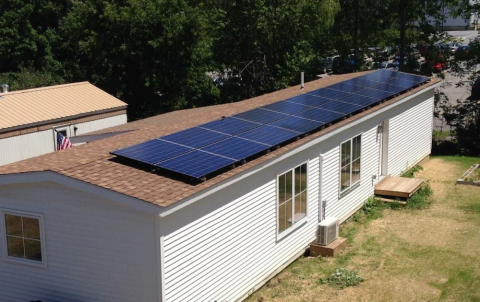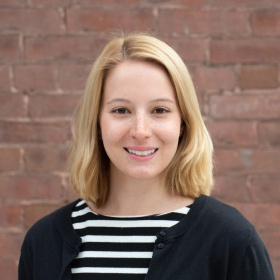The Vermont Public Utility Commission (PUC) is seeking public feedback to help design the Clean Heat Standard. The CHS will have a significant impact on low and moderate income Vermonters and may offer new resources to help increase efficiency and decarbonization in affordable housing. A public engagement session will be held on Thursday, June 6th.

The Clean Heat Standard (CHS) was established by Act 18 of 2023. It requires importers of fossil fuel to Vermont to help meet requirements under Vermont’s requirements set under the Global Warming Solutions Act by obtaining Clean Heat Credits. Credits can be attained by delivering lower carbon fuels or by installing clean heat measures such as weatherization or installation of electric heat pumps. Act 18 requires that at least 16% of the necessary credits must come from customers with low income (at or below 60% AMI) and an additional 16% from customers with moderate income (up to 120% AMI). The Legislature will decide whether to fully implement the CHS in the upcoming session in 2025.
Vermont's affordable housing providers are already installing eligible clean heat measures through rehabilitation or construction of housing projects and through programs like manufactured home replacement. These types of projects may potentially see a new funding stream develop if parties obligated under the CHS choose to partner with housing agencies, developers or utilities to purchase clean heat credits generated from those activities. However, any buildings that heat with fossil fuels are also likely to experience increased costs under the CHS, as importers may pass along costs to customers.
The PUC's Clean Heat Standard public engagement facilitator, Vermont Partnership for Fairness and Diversity, will host a virtual session for Vermonters to share their thoughts on CHS on Thursday, June 6, 2024, from 6:00 - 7:30 pm. The registration link is available here.
The PUC will hold more public sessions after the draft Clean Heat Standard is released this fall. The PUC will also accept feedback at any time through a public comment filed to the PUC docket.

